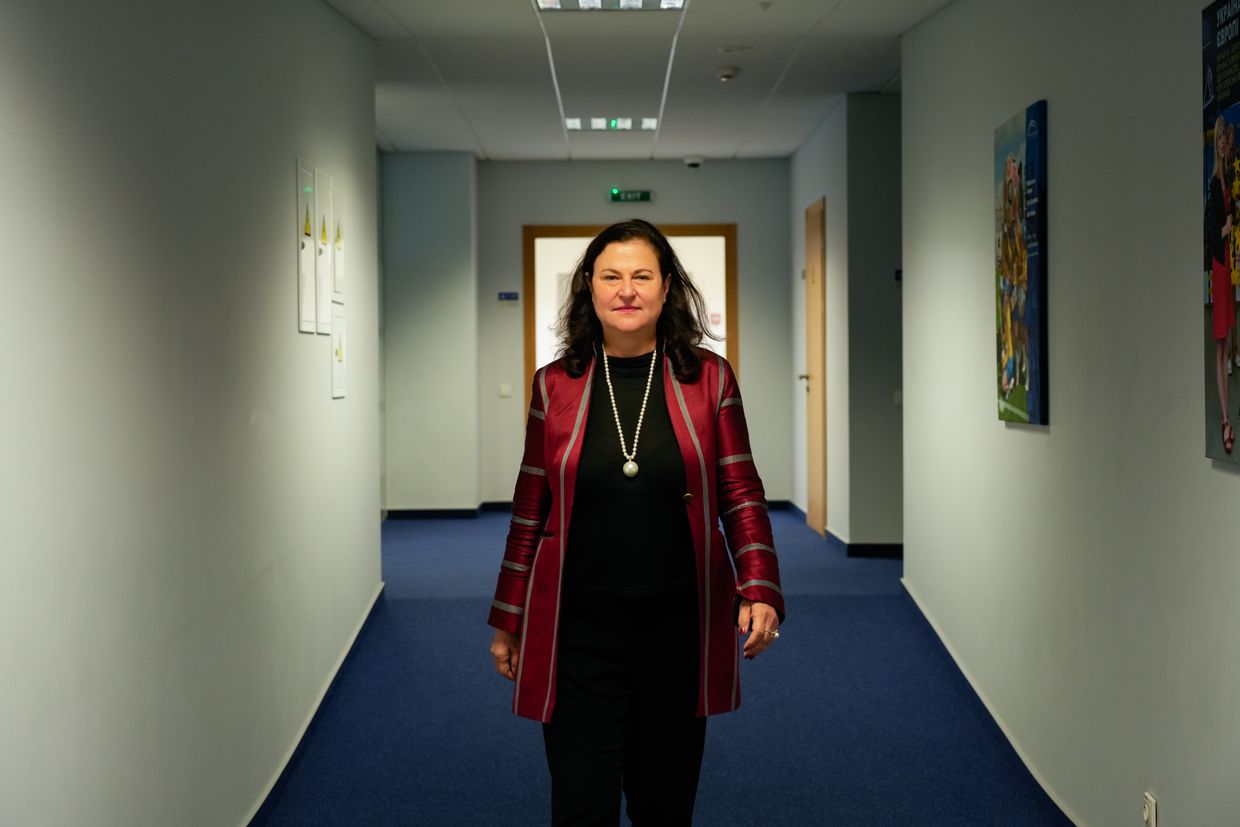EU Ambassador to Ukraine: Ukraine could join EU in 2030

2030 is a very real date for Ukraine to join the European Union, Katarina Mathernova, the EU ambassador to Ukraine, said in an interview on May 9.
In November 2023, the European Commission — the Union's executive arm — recommended the launch of accession talks with Kyiv but said four additional reforms must be implemented. The European Council then agreed to open accession talks with Ukraine the following month.
Ukrainian Prime Minister Denys Shmyhal later said that European Council President Charles Michel had named 2030 as a possible target year for further EU enlargement but added that the Commission would work to try to integrate Ukraine on a faster timeline.
In an interview with Ukrainian media, Mathernova said that predicting when exactly Ukraine would become a member of the EU is "the same as looking into a crystal ball for predictions." However, she agreed with Prime Minister Shmyhal's assessment that 2030 is a feasible date.
"Based on my own observations on life in Kyiv, on interaction with the Ukrainian authorities, representatives of business and media, as well as taking into account the expansion process in the past, which I know well, I believe that 2030 is a very realistic date."
The President of the European Parliament, Roberta Metsola, also announced during a visit to Kyiv on May 9 that official negotiations on Ukraine's accession to the EU should begin before the end of the first half of 2024.
“Introductory negotiations must begin as quickly as possible and I am optimistic that EU member states can approve the negotiating framework in June,” Metsola said. "As you know, the Hungarian presidency of the Council of the EU begins on July 1, so it is important to make the necessary decisions before that, during the Belgian presidency."
The EU Council presidency rotates among EU members every six months, with Belgium holding the position until June 30. Hungary has repeatedly obstructed EU funding for Ukraine, and Hungarian Prime Minister Viktor Orban has maintained close relations with Moscow.











